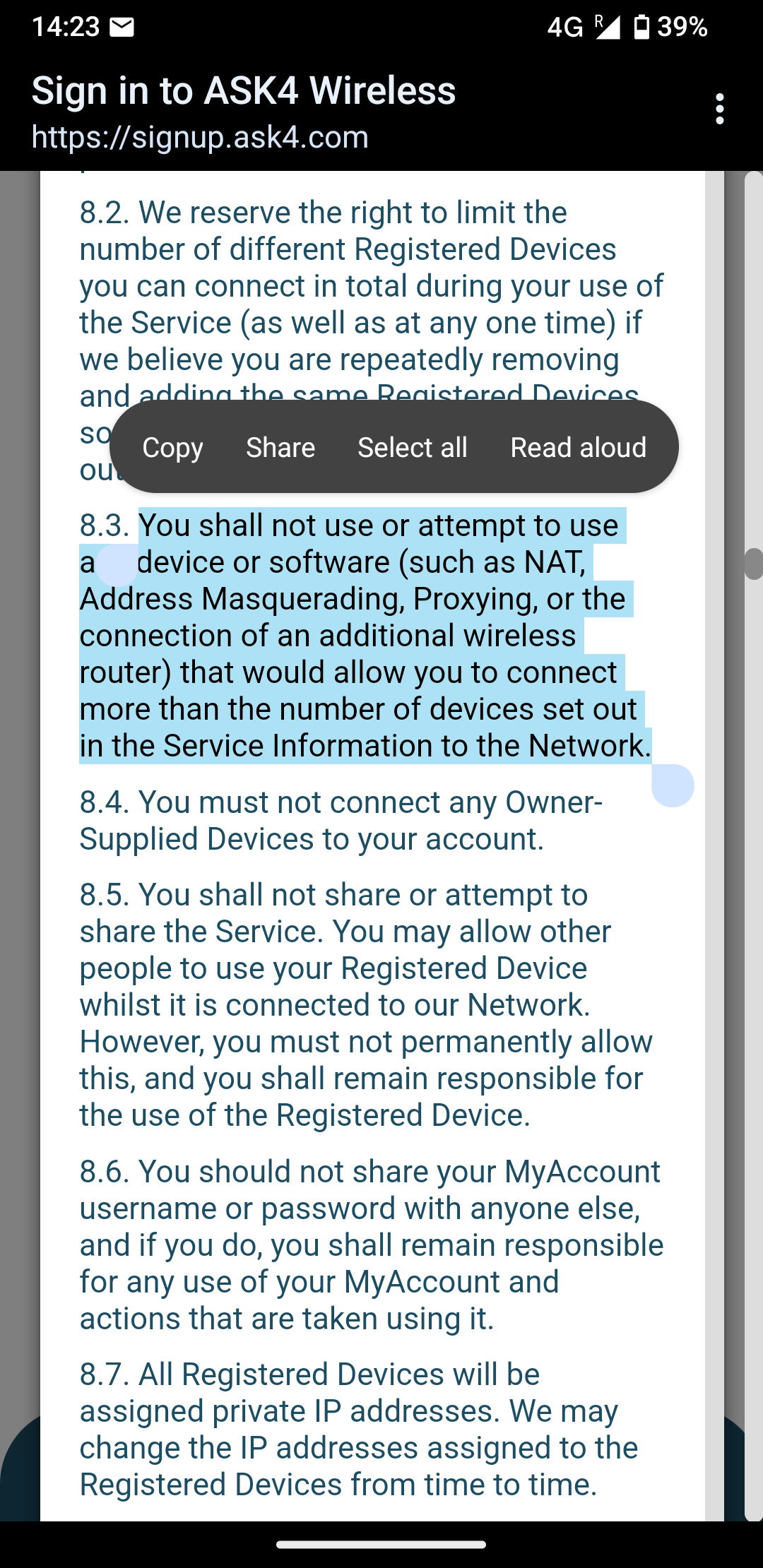this post was submitted on 07 Sep 2024
2 points (100.0% liked)
Technology
63186 readers
3518 users here now
This is a most excellent place for technology news and articles.
Our Rules
- Follow the lemmy.world rules.
- Only tech related content.
- Be excellent to each other!
- Mod approved content bots can post up to 10 articles per day.
- Threads asking for personal tech support may be deleted.
- Politics threads may be removed.
- No memes allowed as posts, OK to post as comments.
- Only approved bots from the list below, to ask if your bot can be added please contact us.
- Check for duplicates before posting, duplicates may be removed
- Accounts 7 days and younger will have their posts automatically removed.
Approved Bots
founded 2 years ago
MODERATORS
you are viewing a single comment's thread
view the rest of the comments
view the rest of the comments

A consumer router only operates DHCP on the LAN side. Presumably one would plug the WAN side into the university network, making this a non-issue.
Some of my other replies address that. Worked in IT on a college campus, and every class will have at least a few clueless users who just plug the cables into the LAN ports.
Makes sense. Would that not be trivially mitigated by just blocking dhcp responses from unapproved servers on the switch though?
Should be, yes. At that point it’s a question of how well the network was configured. I’d hope this wouldn’t be much of an issue these days - I did graduate from college in 2011, and I’m sure (hopeful) campus networks have improved since my student IT job days. These days my router config experience is from the ISP side. The only private network I’m responsible for is my own, thankfully!
I went to college in the mid-late 2010s and I recall they specifically banned WiFi routers, but when I checked what they meant specifically all they cared was that it didn’t broadcast on the 2.4 or 5 ghz spectrum and if it was all wired I was fine.
Definitely makes sense - security concerns aside, the less crowded the broadcast space, the happier all the APs are.